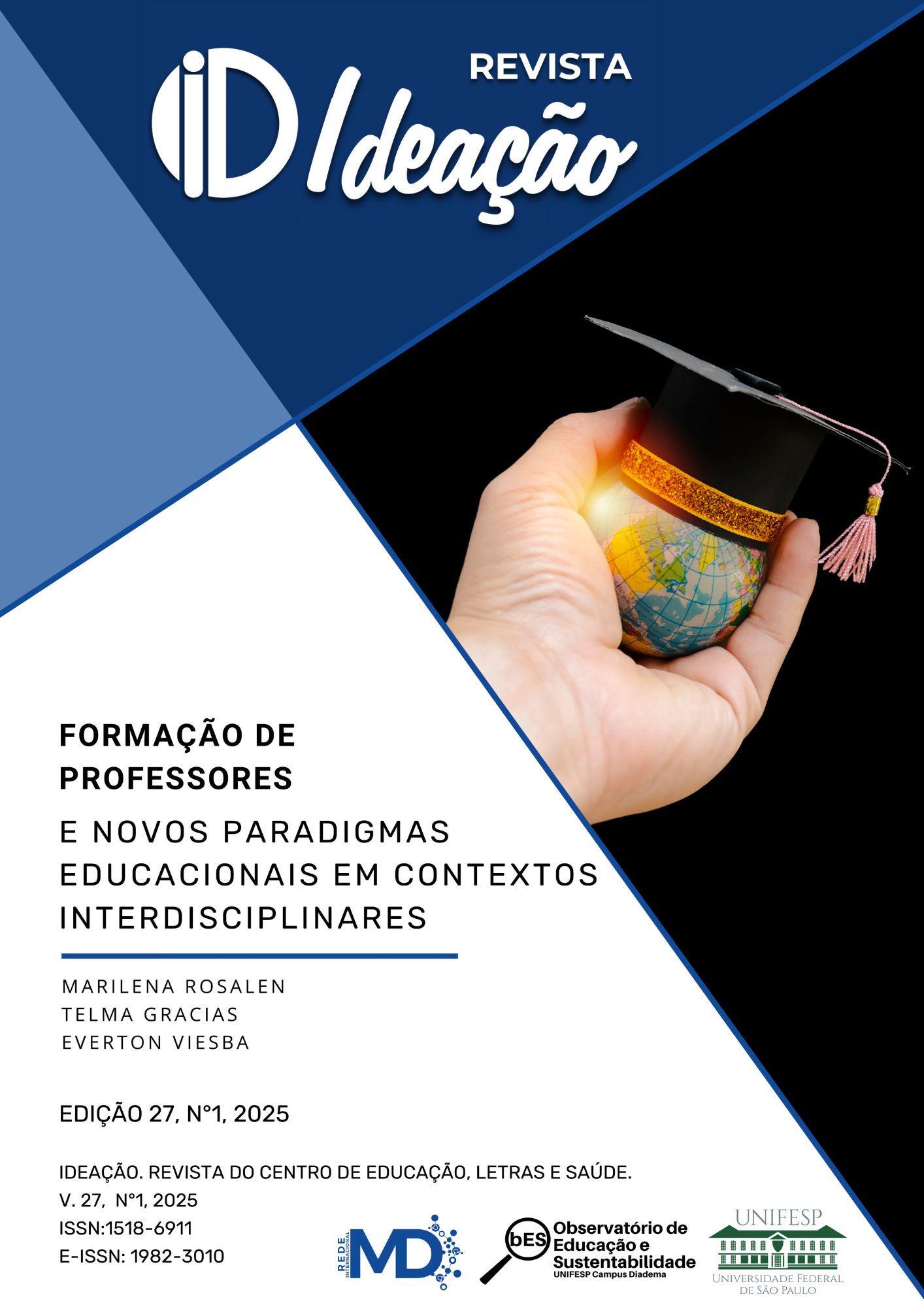TEACHER TRAINING FOR THE USE OF ROBOTICS AND EDUCATIONAL TECHNOLOGIES IN EDUCATIONAL PRACTICES
DOI:
https://doi.org/10.48075/ri.v27i1.34883Keywords:
Formação Docente; Tecnologias; Robótica.Abstract
The integration of technology in education has been essential to improve teaching practices, transforming pedagogical approaches and enabling more dynamic and interactive classes. Educational Technologies and Educational Robotics enrich teaching-learning, preparing educators for new challenges. For this, it is essential to adapt pedagogical strategies, enabling teachers to use these tools effectively. This study analyzed the contributions of a training process focused on robotics and educational technologies for teachers of a public school in Rio Grande do Sul. Two workshops were held, lasting three hours each, addressing the themes “Robotics: Projects with Arduino” and “Educational Technologies: Other Approaches to Game Creation”. Conducted by experts in the fields of Electronics, Automation and Information Technologies, the workshops offered detailed explanations, practical experiments and moments of exchange of experiences. Teachers recognized the importance of technological integration in the classroom, reporting improvements in their pedagogical practices and increased use of technological tools. Nevertheless, challenges such as difficulties in the domain of tools indicate the need for continuous training. The study highlights the potential of robotics and educational technologies to connect content and enrich the educational process, highlighting the relevance of continuous support to teachers.
Downloads
Published
How to Cite
Issue
Section
License
Copyright (c) 2025 Direitos partilhados conforme licença CC BY-NC-SA 4.0

This work is licensed under a Creative Commons Attribution-NonCommercial-ShareAlike 4.0 International License.
Authors who publish in this journal agree with the following terms:
1. Authors maintain copyright and grant the journal the right of first publication, with the work simultaneously licensed under the Creative Commons Attribution License that allows the sharing of the work with recognition of authorship and initial publication in this journal.
2. Authors are authorized to assume additional contracts separately, for non-exclusive distribution of the version of the work published in this journal (e.g., to publish in an institutional repository or as a book chapter), with acknowledgment of authorship and initial publication in this journal.
3. Authors are allowed and encouraged to publish and distribute their work online (e.g., in institutional repositories or as a personal page) at any point before or during the editorial process, as this may generate productive changes, as well as increase the impact and citation of the published work (See The Effect of Free Access).
Creative Commons License
This work is licensed under a Creative Commons Attribution-Noncommercial-ShareAlike 4.0 International License, which permits sharing, copying, distributing, displaying, reproducing, the whole or parts provided it has no commercial purpose and the authors and source are cited.


